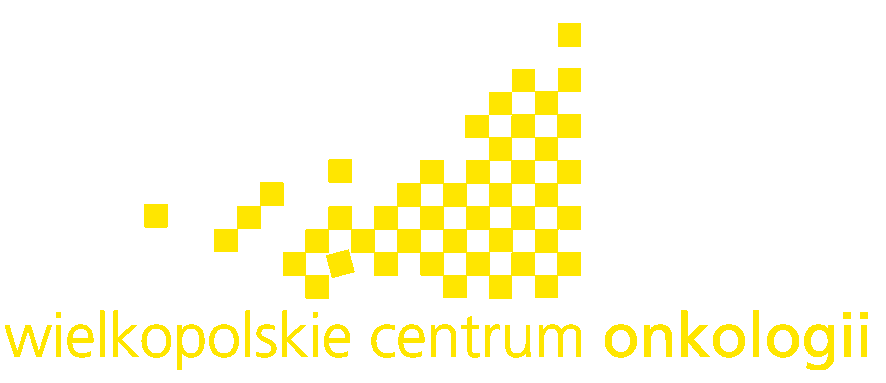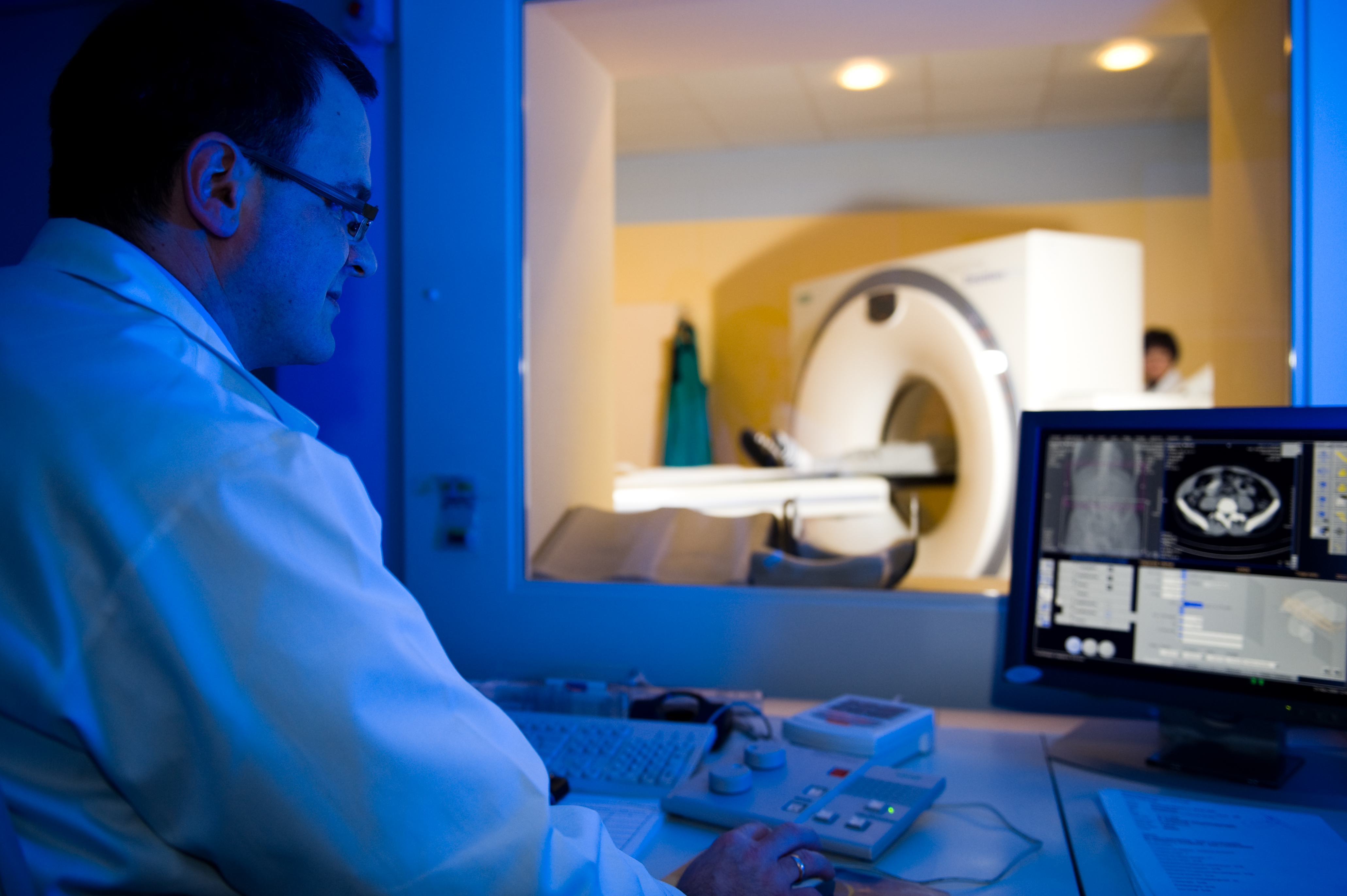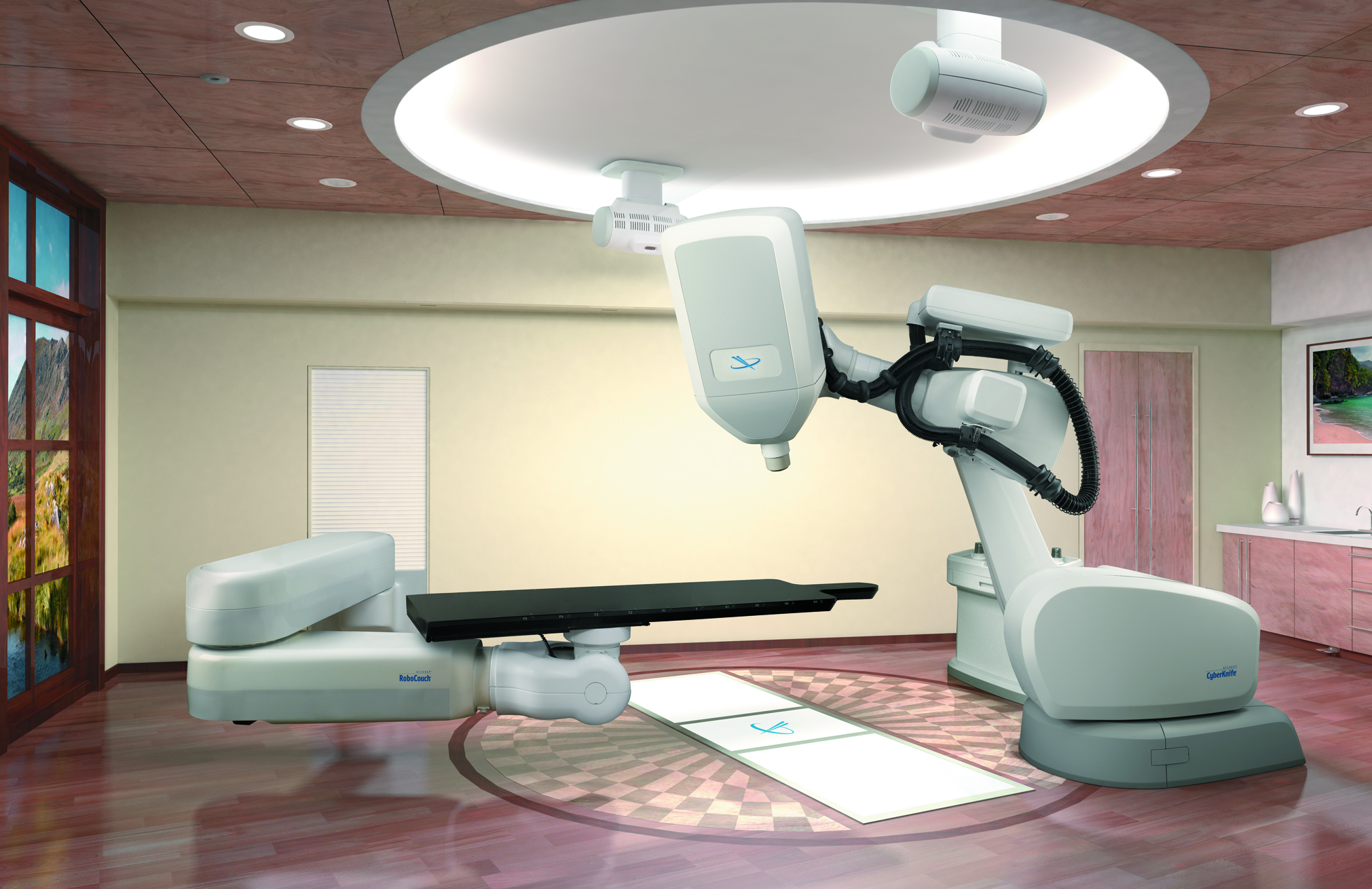Nuclear Medicine
Isotope diagnostic tests involve the introduction of radioactive substances (isotopes) to tissues and organs and record gamma radiation sent by those substances through special detectors located outside patient’s body (gamma camera, PET scanner). Those tests are minimally invasive, they usually cause little discomfort for patients and require little preparation.
Radioisotopic tests are of particular relevance for the assessment of organ and tissue functionality and metabolic processes that occur in the human body, less so for the evaluation of morphological structure. PET-CT (positron emission tomography) are performed following the administration of radioactive 18F-labelled fluorodeoxyglucose (FDG). They serve to evaluate the stage of the disease in patients with diagnosed malignancy and to support the planning of radiotherapy by providing data on proliferative activity of cancer cells.
Indications for radioisotopic tests can be very wide. Scintigraphy is an important complementary test in diagnosing diseases of the heart, brain, kidneys, endocrine gland, gastrointestinal tract, skeletal system and many others. In practical oncology, scintigraphy proves to be one of the main methods to assess the stage of the disease and support the diagnostic process.














